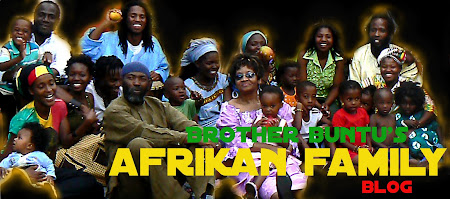Established in the 1966, Kwanzaa is a holiday based on the various “First Fruits Festivals” found around the African continent (Umkhosi among the Zulu, Incwala among the Swazi, Incwala among the Thonga, Odwira among the Ashanti, Eje among the Yoruba etc.). The African American scholar, Dr. Maulana Karenga, together with other researchers, undertook studies to look at commonalities between celebrations around Africa. Out of this research evolved the Kwanzaa holiday which is celebrated 26th December – 1st January by millions of African and African Descendant people around the world. As the holiday draws on pan-African traditions it serves as a unique opportunity for African people – regardless of faith, nationality, language and birthplace – to come together in unity.
The meaning of the word “Kwanzaa” is “the first fruits of the harvest” and derives from the Ki-Swahili language spoken by millions of Africans in Eastern Africa. The significance of the festival today is that, although, many of us are not necessarily farmers, we still need to take stock of what we have produced, achieved and accomplished so far and set ourselves goals for overcoming challenges we are facing in the future. The practices central to the celebration are ingathering, reverence, commemoration, recommitment and celebration. The foundation of Kwanzaa is expressed through seven principles, the Nguzo Saba.
Nguzo Saba articulates seven principles of particular importance to Afrikan communities. The principles serve as reminders of what we need to uphold in order to build ourselves, our families and our communities:
1. UMOJA (Unity)
2. KUJICHAGULIA (Self determination)
3. UJIMA (Collective work and responsibility)
4. UJMAA (Cooperative Economics)
5. NIA (Purpose)
6. KUUMBA (Creativity)
7. IMANI (Faith)

Photo: Part of the Pan-Afrikan family celebrating Kwanzaa at Ebukhosini in Johannesburg, South Africa, 2004

No comments:
Post a Comment